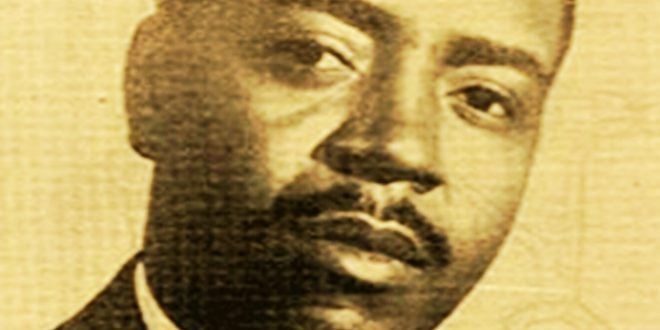CameroonOnline.ORG | For decades, the death of eminent Cameroonian activist Félix Moumié has loomed large over Franco-African ties. A terrible blow to the growing independence movement, Moumié, leader of the Union of Populations of Cameroon (UPC), was poisoned in Geneva, Switzerland on October 15, 1960. He stayed for several weeks till on November 3rd he passed from the consequences of thallium poisoning. Now, more than sixty years later, a recently published study clarifies the events surrounding his death by pointing a finger straight at the French government.

Seeking vital money and international support for the UPC’s violent fight against French colonial control, Moumié had arrived at Geneva. He was a potent symbol of opposition and a clear critic of French hegemony in Cameroon. His murder had a chilling effect on the movement and muffled a major voice in the struggle for self-determination.
Presented to Cameroonian President Paul Biya in Yaoundé this week, the report is the result of months of research conducted by a mixed team of Cameroonian and French historians under direction by Karine Ramondy. Designed as part of French President Emmanuel Macron’s initiatives to confront France’s colonial past, the paper explores the shadowy realm of covert operations and political intrigue.
The paper names Moumié’s most likely killer William Bechtel, a French spy employed for the SDECE (later the DGSE), France’s foreign intelligence organization. Moumié trusted Bechtel, who pretended to be a journalist

supporting anti-colonial causes. According to the study, Bechtel behaved with the implied agreement of the French authorities, maybe via Jacques Foccart, a major player in de Gaulle’s “Françafrique” network, the architect of France’s post-colonial power in Africa.
The document chronicles October 15, 1960’s occurrences. At the upscale Geneva restaurant Plat d’Argent, Moumié, a woman, Bechtel, another man ate. Moumié developed chills and partial paralysis the next day. He told physicians he feared poisoning before his health worsened, remembering an odd taste in one of the three pastis beverages he had drank. Later tests verified that his system contained a fatal concentration of the strong rat toxin thallium. There also traces of thallium in Bechtel’s jacket pocket.
Notwithstanding the proof, Bechtel was only arrested in Belgium in 1974. Later on in 1980, Swiss authorities released him; he died a free man as there was insufficient evidence. Eventually, Moumié’s remains were taken to Conakry, Guinea, for burial since Cameroonian authorities forbade his funeral back home.
The just published paper categorically names Moumié’s killing as a “political assassination involving the responsibility of the French government.” This terrible ending marks a major turning point in recognizing France’s part in the forceful repression of independence movements in her former possessions. The study highlights the continuous fight for truth and justice in the wake of colonial legacies and provides a vital chance for introspection and reconciliation even if it might not completely close this sad chapter in history. It also begs issues on the ongoing influence of “Françade Africa” on the continent and the necessity of more openness and responsibility in foreign policy.
 CameroonOnline.org Cameroon news, Actualité Camerounaise, live Web TV & Radio, World News and a lot more
CameroonOnline.org Cameroon news, Actualité Camerounaise, live Web TV & Radio, World News and a lot more





One comment
Pingback: Uncovering the murder of Félix Moumié, France’s long shadow - Cameroun Post